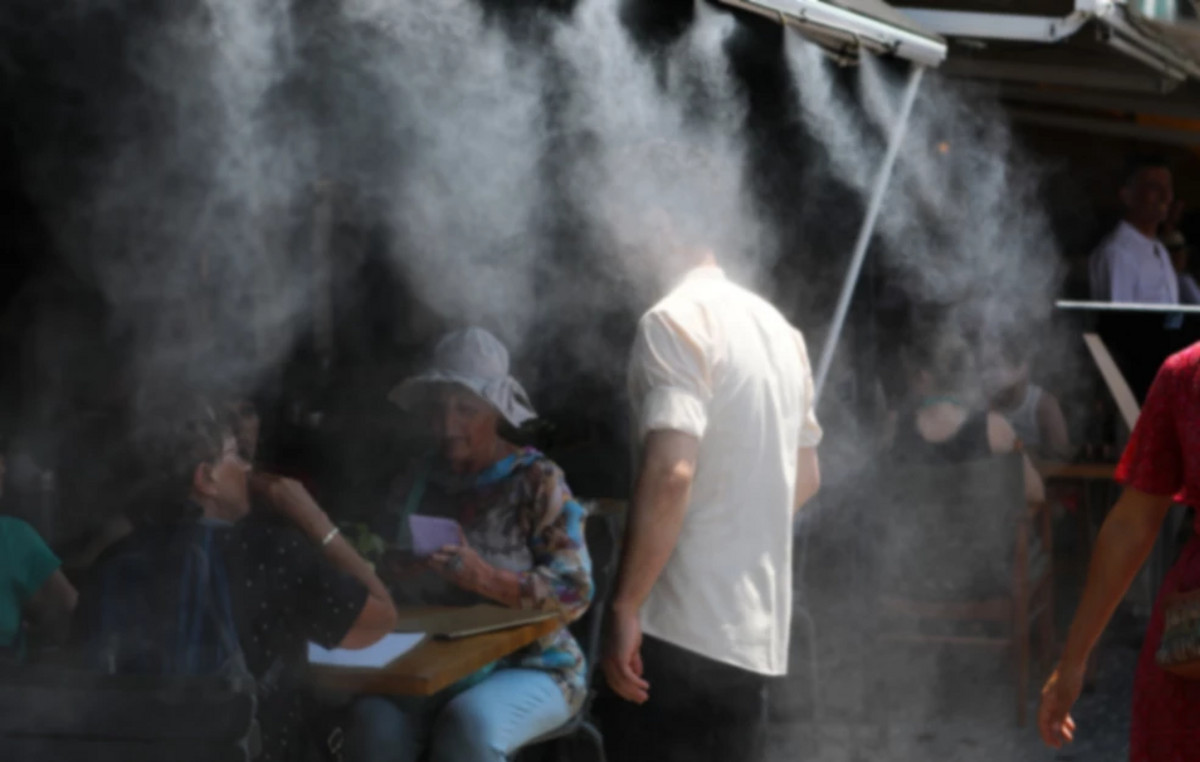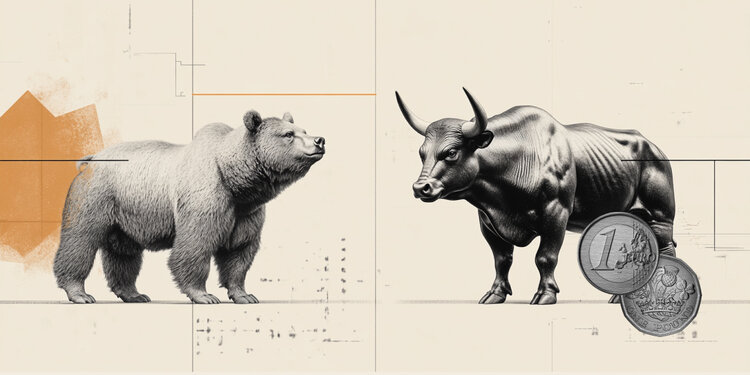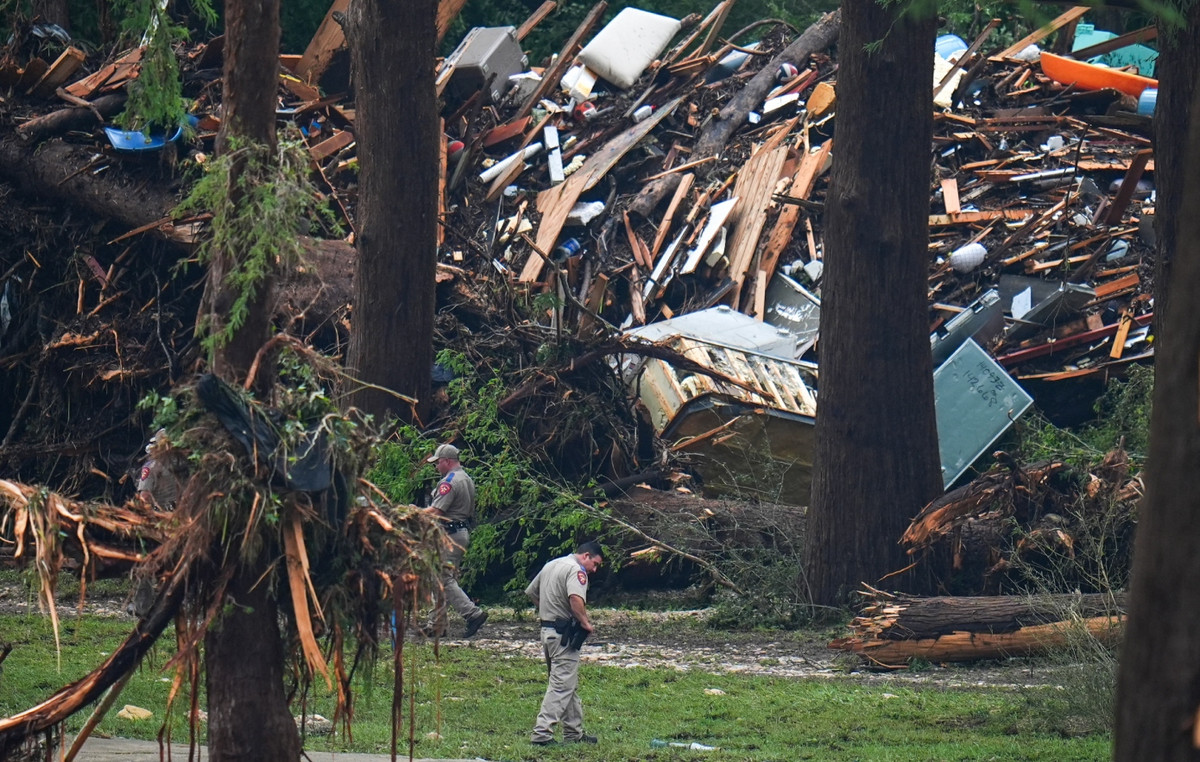The International Monetary Fund (IMF) on Tuesday slashed its forecast for global economic growth by nearly 1 percentage point in the wake of Russia’s war in Ukraine and with a warning that inflation is now a “clear and present danger” to many countries.
The war is likely to slow growth and further increase inflation, the IMF said in its latest World Economic Outlook report, in which it warned that its estimates were marred by “unusually high uncertainty”.
New sanctions on Russian energy and an escalation of the war, a sharper-than-expected slowdown in China and a new outbreak of the pandemic could further dampen growth and raise inflation, while rising prices could trigger social unrest.
The global lender, which has lowered its forecasts for the second time this year, said it now forecasts global growth of 3.6% in 2022 and 2023, down 0.8 and 0.2 percentage points respectively from its January forecast. given the direct impacts of the war in Russia and Ukraine and global repercussions.
Medium-term global growth is expected to cool to around 3.3%, compared with an average of 4.1% in the period 2004-2013 and growth of 6.1% in 2021.
“The global economic outlook has been severely hampered, largely because of Russia’s invasion of Ukraine,” the Fund’s chief economist Pierre-Olivier Gourinchas wrote in a blog post released Tuesday with the updated report.
The war has exacerbated already high inflation in many countries due to supply and demand imbalances linked to the pandemic, with the latest lockdowns in China likely causing new bottlenecks in global supply chains.
Russia and Ukraine are expected to experience sharp contractions in their economies, while the European Union (EU) – highly dependent on Russian energy – saw its 2022 growth forecast cut by 1.1 percentage points.
“The war adds to the series of supply shocks that have hit the global economy in recent years. Like seismic waves, their effects will ripple far and wide – through linkages between commodity, trade and financial markets,” said Gourinchas.
The IMF said it has revised its medium-term outlook downwards for all groups except commodity-exporting countries that benefit from rising energy and food prices.
He said advanced economies will take longer to recover from their pre-pandemic production trend, while the divergence between advanced and developing economies is likely to persist, suggesting some “permanent scars” from the pandemic.
“Clear and Present Danger”
The Fund said inflation is now likely to remain higher for longer, driven by war-induced commodity price advances and mounting price pressures, and warned that the situation could worsen if imbalances between supply and demand deepened.
For 2022, the IMF forecasts inflation of 5.7% in advanced economies and 8.7% in emerging and developing economies, jumps of 1.8 and 2.8 percentage points from January forecasts.
“Inflation has become a clear and present danger for many countries,” Gourinchas wrote on the blog.
He said the (US) Federal Reserve and many other central banks have already adopted tighter monetary policy, but the war-related disruptions are amplifying those pressures.
The IMF said there was a growing risk that inflation expectations could become unanchored, leading to a more aggressive monetary tightening response, which could put pressure on a wider range of emerging market economies.
Financial conditions tightened for emerging markets and developing countries immediately after the invasion, and repricing was “generally orderly”, but further monetary tightening was possible, as well as capital outflows.
The war also heightened the risk of a more permanent fragmentation of the world economy into geopolitical blocks with distinct technological standards, cross-border payment systems and reserve currencies.
“Such a ‘tectonic shift’ would cause long-term efficiency losses, increase volatility and pose a major challenge to the rules-based framework that has governed international and economic relations for the past 75 years,” said Gourinchas.
Source: CNN Brasil
I am Sophia william, author of World Stock Market. I have a degree in journalism from the University of Missouri and I have worked as a reporter for several news websites. I have a passion for writing and informing people about the latest news and events happening in the world. I strive to be accurate and unbiased in my reporting, and I hope to provide readers with valuable information that they can use to make informed decisions.







